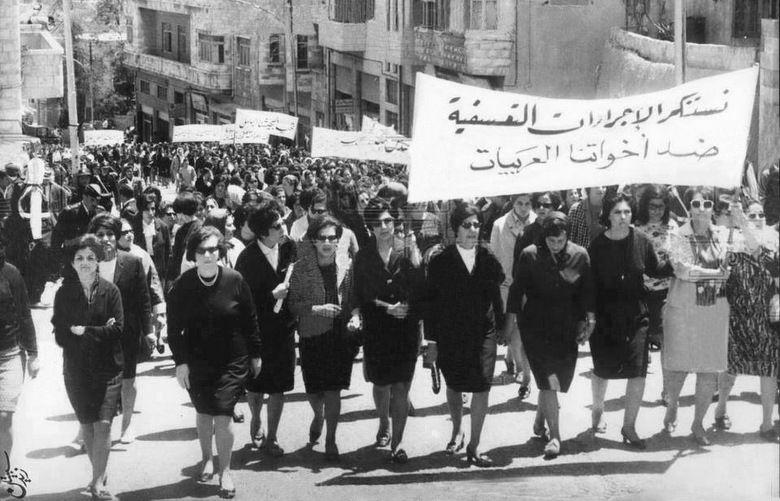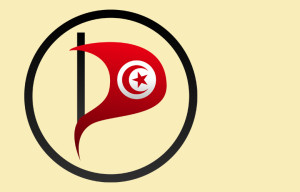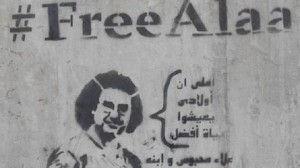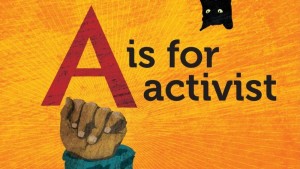Written by Reem Al-Masri
This month of March was a celebratory month for women around the world. Our press also gave Jordanian women a dozen reasons to celebrate as on Women International Day (WID), it designated exclusive coverage focusing on the achievements of Jordanian women in the work place, human rights and political decision making. First page of these dailies were ‘proud’ to announce that a female journalist will be heading the editor in chief position that day. Al-Ghad and Al-Rai newspapers assigned two pages – in their local section – covering women’s achievements and percentages in different sectors on local and global scales. Headlines on these pages flashed with quotations on “women making 40% of the Judges in courts” as the Minister of Justice said, or the Minister of Social Development praising the “great accomplishment of women on all scales,” or the “positive impact of the new political parties law on women political participation.” Al-Rai newspaper went the extra mile to demonstrate the “strong presence of this society’s half” through illuminating statistics on women’s expectancy rate, participation in education, economy and political life.
Newspapers wanted to gently remind the reader that despite the great progress that women accomplished in Jordan, there is still a pressing problem of violence committed against them. To refute its local exclusivity, most newspapers highlighted the global dimension of violence against women by mentioning some global facts and statistics covering both scopes. Al-Ghad was keen to quote the vice president of the Family Protection Unit in Jordan saying: “there are almost 600 yearly domestic violence cases” and the director for the Jordan National Council for Women pointing the fact that there are flaws in the Family Protection Law. In the same article, Al-Ghad offered its condolence by pointing out the provision of “proper facilities for affected women” and highlighting women’s progress in education and politics. Al-Rai was satisfied to mention global statistics on violence against women and praised efforts done by Ministry of Social Development to “put [effected] women on the safe shore.” Al-Arab al Youm and Addustour did not even bother to cover this problem. Given this coverage that crowns women achievements in Jordan, or just totally ignores it, we can legitimacy diagnose our press with either amnesia, or schizophrenia. If one takes a step back in time and go through the archives of 2009, the following headlines will come up:
شاب يقتل شقيقته واخر يقتل شقيقه (19-2-09)
توجيه تهمة القتل العمد لقاتل شقيقته (12-2-09)
السجن 5ر7 سنة لسوري قتل شقيقته (13-3-09)
شاب يشنق شقيقته بسلك شاحن (27-27-2-09)
ستيني يقتل شقيقته في عين الباشا (13-1-2009)
حكم مخفف لقاتل شقيقته وصديق له (29-1-09
In the period of only two months, five reports took place that reflected either the society’s or the court’s denial of women’s basic human rights to ‘live’ and ‘decide’ but were treated by the Jordanian press like daily weather news. The reports did not exceed several sentences briefly describing the conduct against these, and never got any further follow up or investigation on the reduced sentences on some cases. We only know that another murder took place. One would think that WID was the perfect occasion for the press to uncover the dimensions of what is described as killing in the name of “honor” or violence against women in general. However, not only this phenomenon was only mentioned between the lines, the press diverted the problem from it being a social one to a legal one. Most reports offered its condolences by mentioning that there are ongoing talks about appending the penal law.
Four cases of extreme violence against Jordanian women were reported only a month prior to Women International Day, but what is also shocking is that when attempting to faithfully read every news item on the March 8th (WID) issues of Al-Rai and Al-Arab al Youm, two reports on violence against domestic servants were marginalized and made irrelevant for drawing the picture of women’s situation in Jordan. One report was on forcing an Indonesian domestic servant to practice prostitution in Amman. The other was about the “murder of a Philippines domestic servant with a sharp tool.” Some dailies chose to diminish the importance of this news by putting these items in the corners, while others like Al-Ghad and Addustour failed to even mention the news.
Relegated to the corners of pages, or totally ignored, the brutal reality of domestic servants was not considered an important piece of Women’s International Day.
Nobody can deny the long milestones that women have crossed to raise their participation in political decision making and the economy. The problem is that we look at this progress as a result of the society’s changing attitudes rather than the results of the long battles of local activists and global pressure. Celebrating this progress, and relating its stagnation to the absence of laws and policy is an attempt to fix the symptoms but not the cause of the disease. It is one thing for women to get equal work opportunity because of the law, but what is more important for them not to over work in order to get recognition. Most dailies were proud to “allow” women journalists to head the Editor in Chief position for that day. And that day only. This poses some questions, one of which are women’s chances of equal opportunity only happens when women are “given” the way or when an institutions decides that its time to promote its openness and modernity. One of the very few columnists, Omar Kallab, addressing this issue (Addustour on March 8th):
“how can we celebrate International Women Day amidst the absence of the achievements except for individual cases that succeeded because of taking the challenge or the loose patriarchal grip on them…will this day of allowing women to set on the responsibility chair in newspapers forgive all signs of discrimination they face all through the year?”
Media has been always described as a reflection of reality. While our press failed to mirror women’s battle in Jordan, this failure reflected the embedded communal attitude towards sexual and racial discrimination as, after all, journalists and editors are part of this society. When they avoided covering some cases and covering others, the press partnered in the discrimination and degradation of the situation. Could it be legitimate to say that this selective coverage of these cases contributed to the normalization of murders in the name of “honor”? Could the absence of domestic servants stories in the media make them absent in our conscious and contribute to how the society devalue them because of the “non-Jordanian” element? For any kind of change, policy is only one part of the formula. However, policy is nothing without communal awareness that requires media appropriation of its messages to not reflect the social attitude of women as weak and dependent; but reconstruct their image as active and equal participants.









